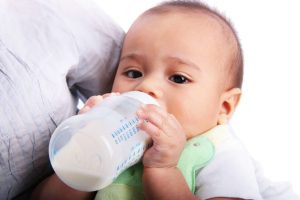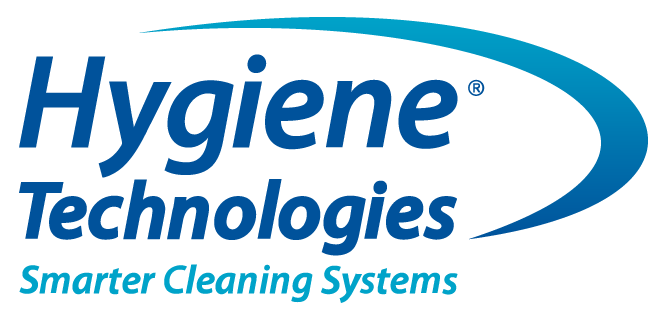Hello Guest,
 The bacterial pathogen Cronobacter sakazakii has long been a headache for this country’s lucrative infant formula industry. This particular bacterium can survive for a long time in dry conditions, then activate in the presence of moisture, hence why it poses a risk to infants consuming rehydrated formula, as it is resistant to multiple antibiotics and can cause meningitis and even death in infected individuals.
The bacterial pathogen Cronobacter sakazakii has long been a headache for this country’s lucrative infant formula industry. This particular bacterium can survive for a long time in dry conditions, then activate in the presence of moisture, hence why it poses a risk to infants consuming rehydrated formula, as it is resistant to multiple antibiotics and can cause meningitis and even death in infected individuals.
However, in a study published recently in the scientific journal Applied and Environmental Microbiology, Professor Sangryeol Ryu from Seoul National University explained how his research team have identified a bacteriophage that is active against C. sakazakii. In the study, the “CR5” bacteriophage’s activity was monitored in a sample of infant formula inoculated with C. sakazakii, and it was found that the pathogen could not be detected after 10 hours. Additionally, CR5 was found to also be active against other potentially pathogenic Cronobacter species.
While it is only early days, this discovery offers new hope to the industry as a potential tool to combat this problematic bacterium, which while statistically not a common culprit in food-safety scares by any measure, still costs the industry millions of dollars every year in control processes and testing.
